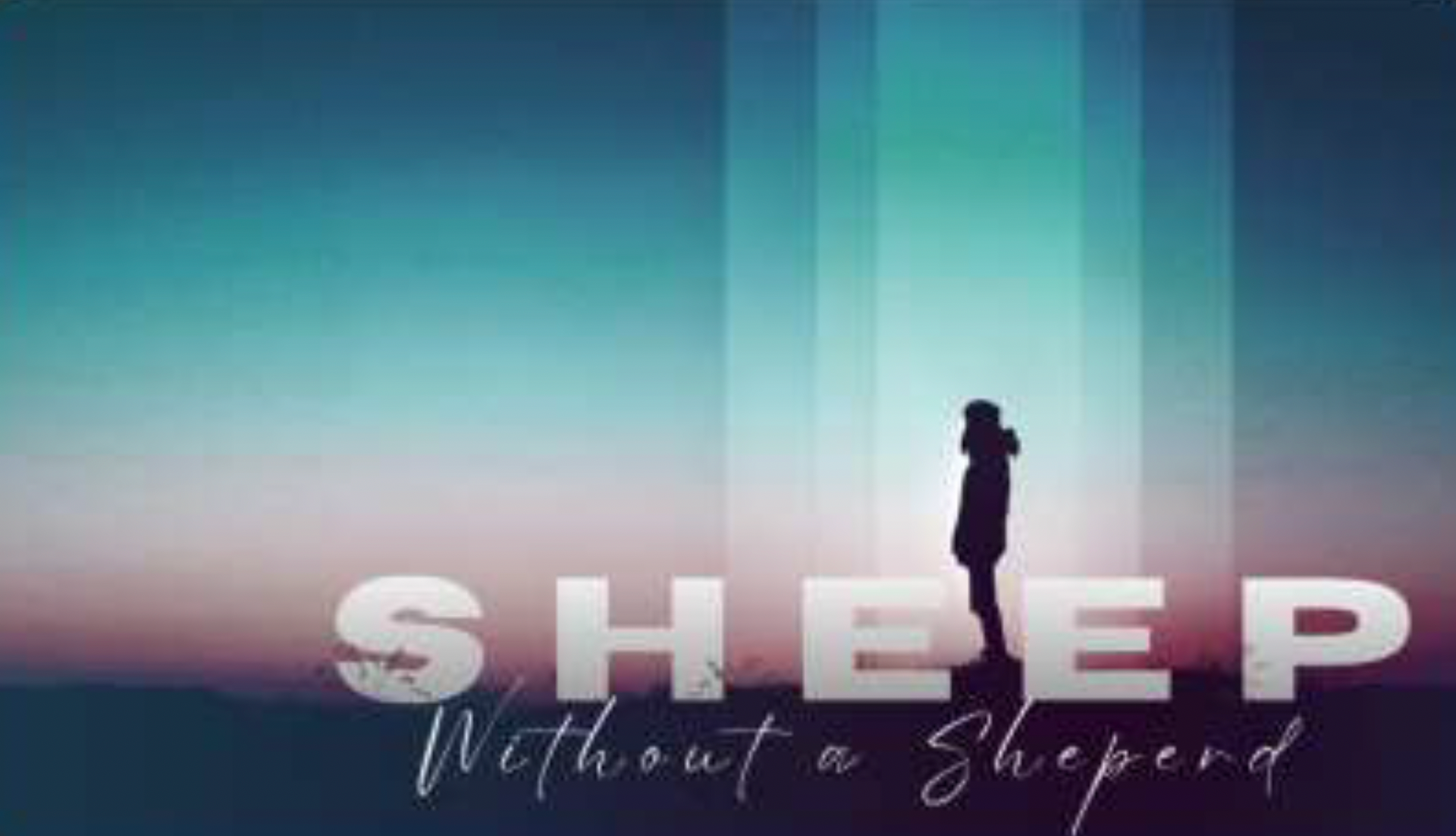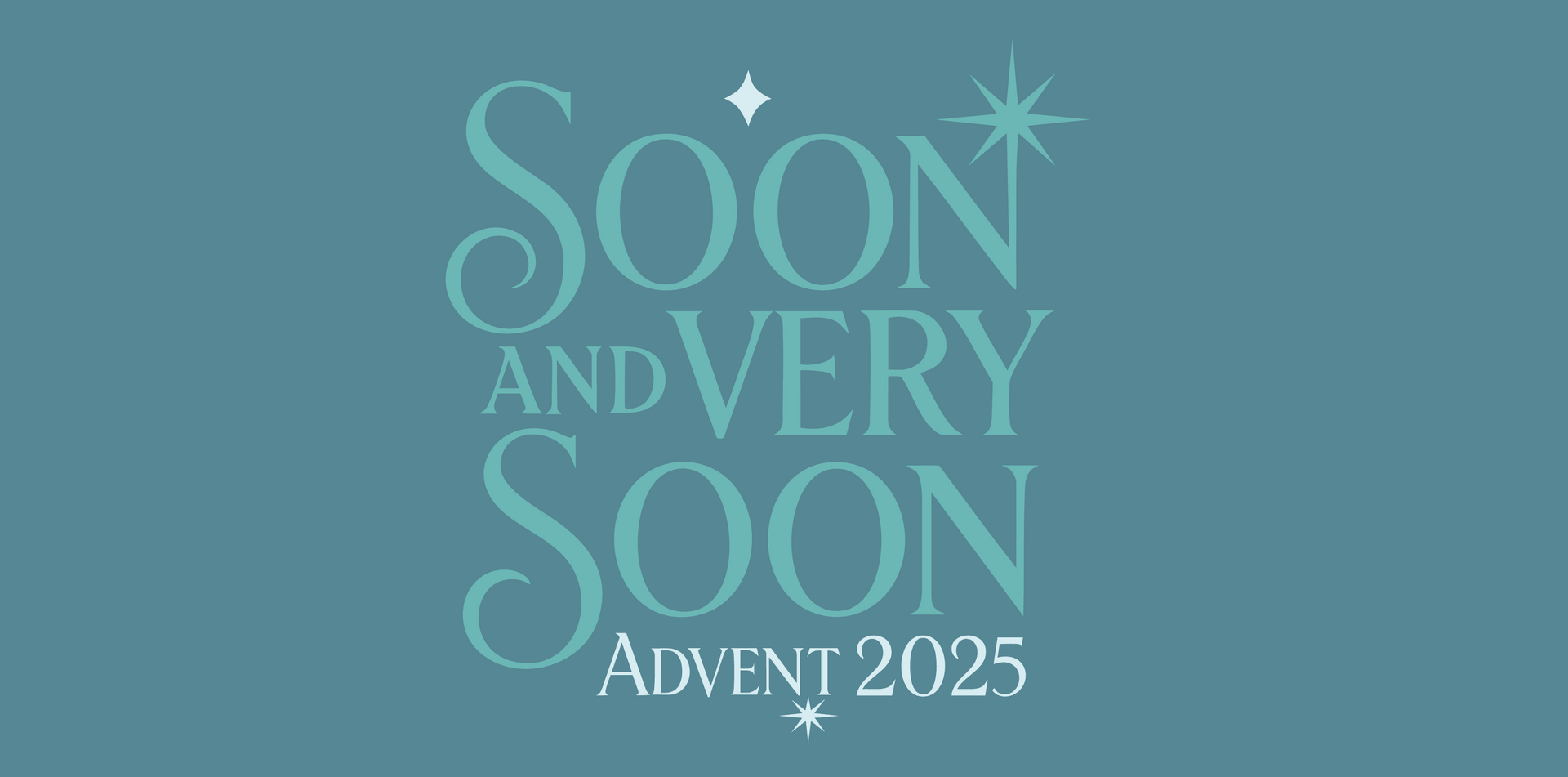Sermon 10.15.2023: Mustard Seed Faith
Jesus doesn’t say the Kingdom of God is like a semi trailer full of wheat. The Kingdom of God is like a mustard seed. How often do you think you'd be doing better if you had a really big, strong faith? Might it free you up to only need a mustard sized faith?
Scripture
Mark 4:26-32
Jesus also said, ‘The kingdom of God is as if someone would scatter seed on the ground, and would sleep and rise night and day, and the seed would sprout and grow, he does not know how. The earth produces of itself, first the stalk, then the head, then the full grain in the head. But when the grain is ripe, at once he goes in with his sickle, because the harvest has come.’
Jesus also said, ‘With what can we compare the kingdom of God, or what parable will we use for it? It is like a mustard seed, which, when sown upon the ground, is the smallest of all the seeds on earth; yet when it is sown it grows up and becomes the greatest of all shrubs, and puts forth large branches, so that the birds of the air can make nests in its shade.’
Sermon Text
A few weeks ago, Victor preached the first part of this chapter of Mark’s gospel, with the parable of the Sower. Where a sower throws seeds on rocky ground, thorny ground, and good ground alike. It is a “How to” parable about how to be good sowers. If we are the sowers of the Word—then we are supposed to share God’s Word EVERYWHERE. Not only in what we think is the good soil. We aren’t supposed to withhold it from places where the rocks are too plentiful. We are supposed to throw it to the people we think are in the weeds and the thorns. We are supposed to just leave it on the path as we walk it, even if birds may come along behind us.
And then Jesus explains the parable. Jesus tells his disciples, “To you has been given the mystery of the kingdom of God”. Our translation changes the word to ‘secret’—the secret of the kingdom of God—but it is the same word as ‘mystery’.
The reason I think that word translation matters is that a secret is something meant to be kept hidden. A mysterion, on the other hand, is not private knowledge. It is a mystery that is made clear through revelation. We can only know it because God chooses to reveal it.
Jesus is telling his disciples, and the ridiculously large crowds, and he is telling us, that the kingdom of God is mystery, as is the way people receive, or don’t receive, that mystery.
He continues with that theme later in this chapter, which we heard today. The kingdom of God is as if someone would scatter seed on the ground. The farmer goes to bed. He wakes up. Days go on. And seeds sprout and grow. He does not know how. It's a mystery.
I mean, you can take classes and can understand the biology and botany of what happens when a seed dies, and germinates in the ground, and sends up shoots. We may get it on that level.
But we don’t know why seed one grows like a weed and seed two never pushes through the soil to find light. We don’t know why one person who hears an invitation to church takes you up on it and the next person doesn’t.
We don’t know why some people hear the Word and are convicted by it and transformed to begin a journey of faith. And we don’t know why others, who hear the same Word, walk away unchanged.
The kingdom of God is as if someone would scatter seed on the ground, and eventually some of it grows, and the sower does not know how. The Kingdom of God is a mystery.
And our task is to throw the seed of the mystery of the kingdom of God around liberally, extravagantly even. Our task is not to hoard it and parcel it out in small doses to the people or places we think look like they have good potential to be good soil.
Jesus did not hoard the Word. He threw those seeds everywhere. He never told the crowds to stop coming—not because he wanted to feed his ego and be a celebrity, but because he knew that in those crowds, somewhere, were people with ears to hear. And he was never going to turn them away.
The Kingdom of God is mystery. Both in who responds to it and in why God chose to set it up that way in the first place.
I think much of Christianity has taken the sowing the seeds part very seriously, but has gotten confused about the mystery part. And we have totally missed the boat on who is responsible for making the seeds grow.
God wants us to sow a powerball sized number of seeds, go on with our lives, and then see what happens.
When I look back at my life, at the people who sowed a seed of God’s love in my life, it was never coercive or narrow.
It was the love of Sunday School teachers who put up with me, the little girl who always asked the questions.
It was the people from church and community who cared for me and my family during difficult times.
It was the people who offered love when I was afraid I deserved judgment.
It was the people who challenged me to be more, who saw my gifts and called them out before I had any idea they were there.
And I bet most of them don’t have a clue that what they said to me, or how they loved and cared for me, was a seed of the very word of God that would take root in my heart, I bet they don’t know that what they did was just I needed in any of those moments of my life.
They were just people who were always just throwing God’s love around, without worrying about running out of it, or worrying about whether or not the recipients were good soil for it, or worrying about making sure it took root.
They just spread it around generously, abundantly.
And some of those seeds landed in that little corner of my soul with the good soil, where they grew and provided me shelter under their branches, where they bore fruit that nurtured and sustained me through good times and bad, where they produced seeds of their own,
that even now I find and am able to fling about, passing on the seeds of God’s love that have grown in my life, hoping that they may bear fruit for someone else, somewhere down the road.
At the very least, thinking about this parable has made me want to call those people who made such a difference in my life, since they were just sowing the seeds and not waiting around for the harvest, trusting that someone else would be there for me down the road if/when the seeds grew in my life and produced fruit.
It also has me wondering if we’re generous enough in the way we toss God’s love around during the course of our lives. Do we expect a quick response from the seeds we throw? Or are we willing to just share them and trust in the mystery of God’s kingdom?
I can think of many examples of your abundant seed sowing.
The help you give to people in the community, through our Matthew 25 partners, at the shelters and foodbanks, at PRIDE and in support refugees—it is all seed that is sown without expectation that those seeds need to belong to our garden.
Think about the people 120 years ago who moved Calvary from Union Square to Pacific Heights. Could they have pictured the world we live in now? I am grateful our forebears threw those seeds so generously back then, so we could reap the harvest today of having such a beautiful worship space.
What will be the harvest of the work we’re doing now? In another 120 years, how will the seeds we sow be harvested then?
It isn’t ours to say what the outcome will be. But we can rest in the mystery of God’s kingdom and trust that God is not calling us to worry about the growth of the seeds but to share with such abundance that people question our sanity, and then to be ready when the harvest eventually comes.
Between the passage Victor preached and the one we heard today, Jesus also says this:
‘Is a lamp brought in to be put under the bushel basket, or under the bed, and not on the lamp stand? For there is nothing hidden, except to be disclosed; nor is anything secret, except to come to light. Let anyone with ears to hear listen!’
And he said to them, ‘Pay attention to what you hear; the measure you give will be the measure you get, and still more will be given you. For to those who have, more will be given; and from those who have nothing, even what they have will be taken away.’
At first I thought that was some random saying of Jesus that Mark remembered and then just stuck in the middle of this passage about sowing seeds and harvesting things.
Of course, that’s not how Mark wrote his gospel, so I went back and pondered it afresh.
And now I’m wondering if “the measure you give will be the measure you get” is about sowing seeds.
‘To those who have, more will be given, and from those who have nothing, even what they have will be taken away’ has always sounded harsh to me. It feels as if Jesus is saying that “to those who already have it all, they will win the powerball. And those of you who have nothing will have even that taken away.”
But that’s not quite what he’s saying.
Because it begins with another sentence: “the measure you give is the measure you get”. In other words, we all start out with something to give. And the more you give away, the more you get back.
I don’t think this is about money, or not only about money.
What if this is about how we share God’s love and throw those seeds around?
If you take the seeds of God’s love you’ve been given, and you hang on to them, waiting for the right situation so you can carefully plant them, all you’ll have is those few seeds.
If you take them, though, and just share them without regard to conditions, you’ll end up with more to share, because they will grow, and they will produce a harvest.
Our stewardship theme this year is Community Grows Here. And perhaps we know some of the reasons that Calvary’s community has grown and is growing. The staff with whom I get to work is really remarkable. The elders, deacons, and trustees you have elected to lead and care for the church are really faithful wonderful people who are trying to respond to God’s call here in this place. I could go on. We have lots of reasons why things are growing here.
But the truth is, it is also a mystery. There’s an element of how our community grows here that I can’t explain with budgets, org charts, and service projects.
As we are beginning to think about collecting your pledges for next year’s budget, we see the mystery. If everyone in our church family were to contribute something, anything, toward the budget, we’d have enough. If everyone were to contribute just a little bit more than they did last year, it would be exponential what we could do.
++++
The end of our passage described the kingdom of God as a mustard seed. Which wouldn’t have been a complimentary image to people in Jesus’ day, who if asked which plant represented God’s majesty and power, would have answered the cedars of Lebanon or something.
On one level, Mark is being very political by describing God’s kingdom as decidedly not like a sequoia or a redwood, growing magestically, tall, and powerful.
The kingdom of God is a teeny tiny seed of an invasive weed that someone figured out you could combine with vinegar, sugar, salt, and water to make a condiment that goes well with pretzels. I’m not sure what that’s supposed to say about the kingdom of God, which we all now know is a mystery.
The point, I think, though is that when we’re thinking about budgets, and growing community, and the kingdom of God, we don’t have to have a redwood grove sized, big, strong faith to do what God is calling us to do. Because some days that feels a little out of our reach.
We just need a mustard seed sized amount of faith.
I don’t know about you, but the challenges of the world are big right now. And they can seem overwhelming to face. But maybe we have a mustard seed sized amount of hope in us. Maybe we have a mustard seed sized amount of faith in us. And that’s what the kingdom of God is like. As if a bunch of people faithfully gathered as God’s people, planting their little mustard seeds of faith, and God grew it into the greatest of shrubs so that birds could build nests in its branches and find shelter from the world.
If we each have just a mustard seed sized faith, we have enough to make a difference in God’s world.
Friends, to you has been given the mystery of the kingdom of God. Let’s go and share it in absurdly generous ways and then see what God will do. For to those who have, more will be given. May it be so.
Amen











